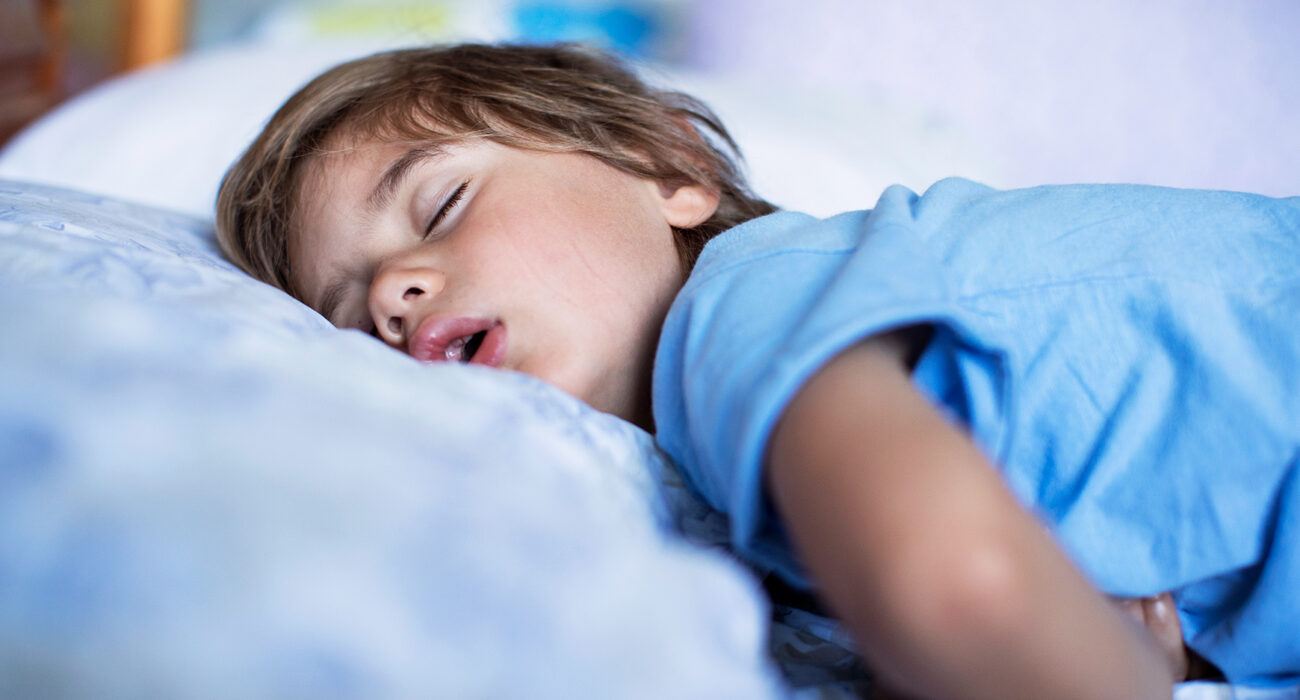India ranks second globally in terms of sleep deprivation, with children particularly affected due to prevailing late sleep practices at home. Factors contributing to this chronic sleep deficit include parents returning late from work, delayed family meals, and the absence of early bedtime rituals, common in western households.
Consequently, children, including newborns and toddlers, struggle to obtain sufficient sleep amid late bedtimes and early wake-up calls. Teenagers face additional challenges stemming from modern lifestyles, including biological shifts in their circadian rhythms, leading to delayed sleep onset and later waking times.
The production of melatonin, the sleep hormone, occurs approximately 2 hours later in teenagers compared to adults, exacerbating their difficulty in adhering to early school start times. This issue is compounded by excessive screen time.
Consequently, teenagers experience adverse effects on their physical health, mental well-being, and academic performance due to insufficient sleep caused by early school hours.

